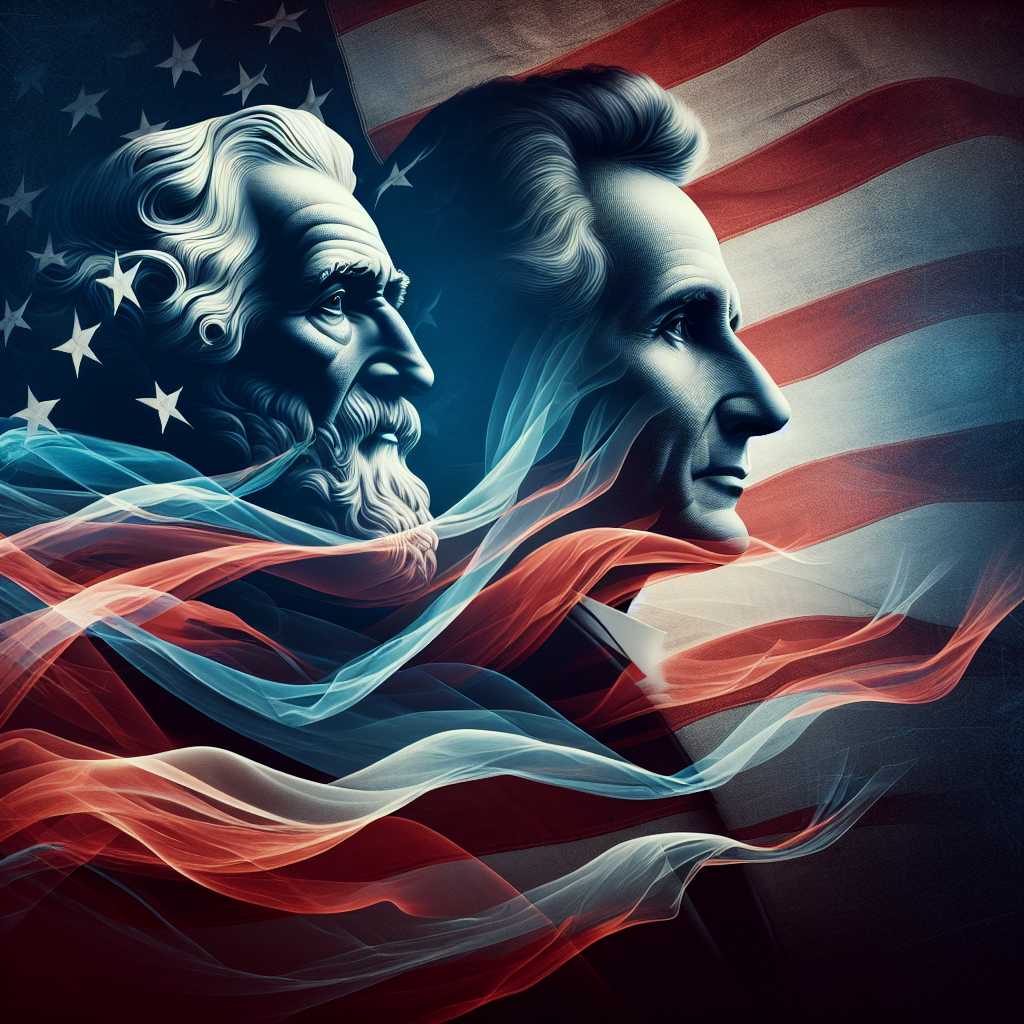Understanding Presidents Day: An Overview of its Federal Holiday Status
Presidents Day, known also as Washington’s Birthday, is a United States federal holiday that honors past presidents of the U.S. and is observed on the third Monday in February each year. It is one of several recognized by the U.S. government wherein non-essential federal institutions close and federal workers are generally given the day off. Over time, Presidents Day has evolved from a holiday exclusively honoring George Washington to one that recognizes the contributions and legacies of all American presidents.
The Evolution of Presidents Day as a Federal Holiday
Origination and Significance
The roots of Presidents Day can be traced back to the year 1800. Following President George Washington’s death in 1799, his February 22 birthday became an unofficial day of remembrance. It wasn’t until 1879 that Senator Steven Wallace Dorsey proposed it as a federal holiday, originally applied only to the District of Columbia. In 1885, Washington’s Birthday became the first federal holiday to honor an individual American, and it expanded to include all federal offices nationwide. While the holiday has been popularly celebrated since its inception, it was initially limited to remembering Washington until it began to signify a broader remembrance for all presidents after the Uniform Holidays Bill came into effect in 1971.
The Uniform Holidays Bill and Shift to Presidents Day
The Uniform Holidays Bill, passed by Congress in 1968 and effective in 1971, aimed to provide uniform annual observances of certain federal holidays on Mondays to promote business efficiency and provide substantial benefits by giving workers several long weekends throughout the year. As part of this bill, Washington’s Birthday moved to the third Monday in February. Although never officially renamed by Congress, Washington’s Birthday started being celebrated as ‘Presidents Day’ in various states, contributing to the process that made it widely acknowledged as a day honoring all U.S. presidents, not just Washington. The holiday was also seen by many retailers as an opportunity to boost sales through “Presidents Day” sales, further popularizing the contemporary title.
Observances and Customs
This holiday traditionally sees patriotic celebrations and events across the nation. Various states choose to honor both George Washington and Abraham Lincoln since Lincoln’s birthday falls in February as well. Some states also include their own state figures with national significance along with other presidents in their observances. Schools use this time to teach students about the accomplishments of the presidents of the United States, emphasizing civic understanding and historical significance.
Presidents Day Across America
While all federal employees are given the day off, State and private observance of Presidents Day can vary significantly. Some businesses remain open offering Presidents Day promotions and specials because it is not universally observed as a public holiday amongst private companies and various sectors.
Economic Aspects: Sales and Retail Impact
Presidents Day serves as a notable sales period for retailers across America. Many businesses take advantage of the long weekend avenue for promotions targeting shoppers seeking big-ticket items like appliances, automobiles, and mattresses. Retail has come to play a significant role around this federal holiday.
